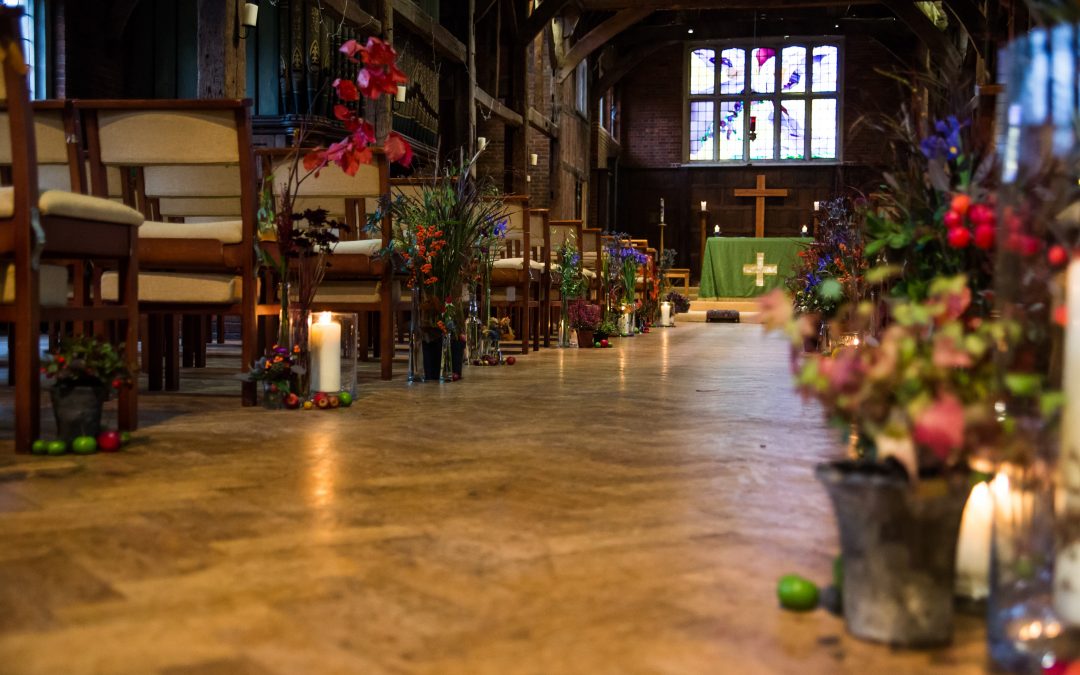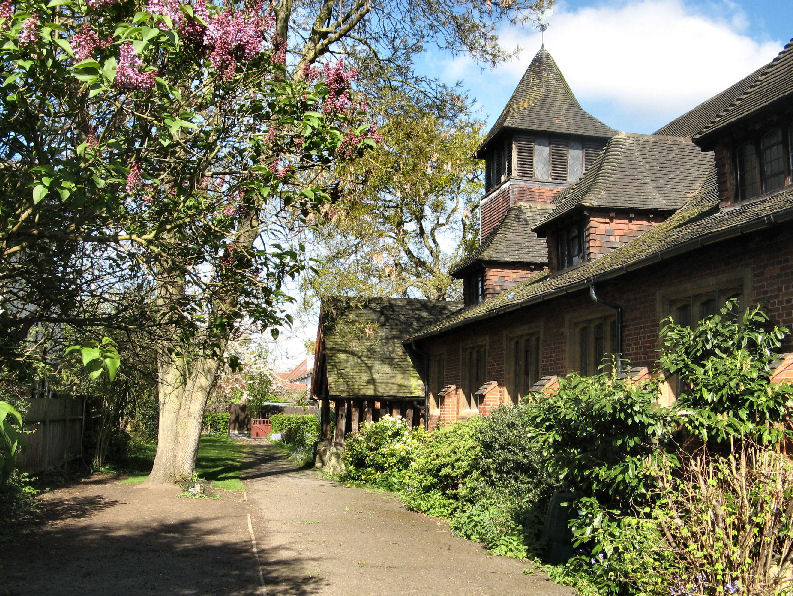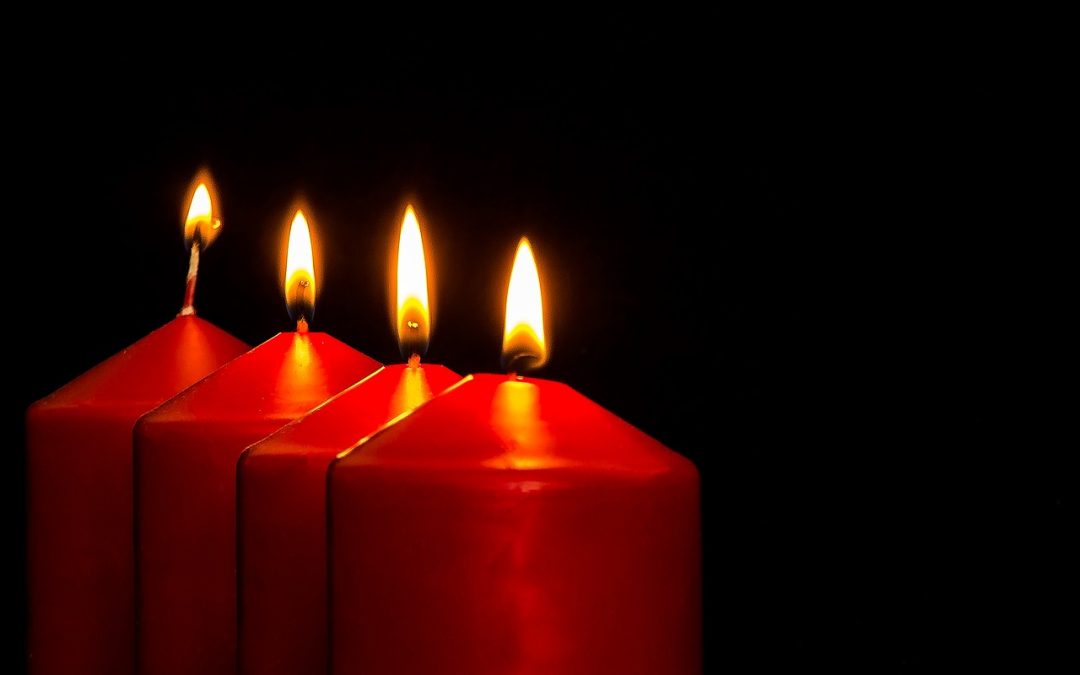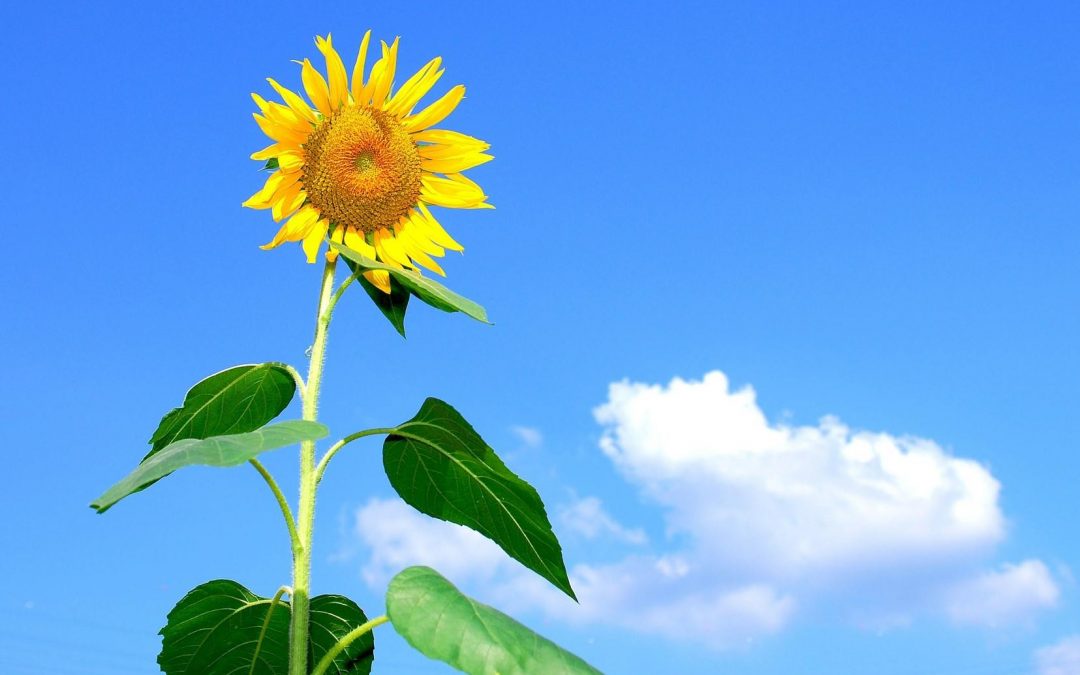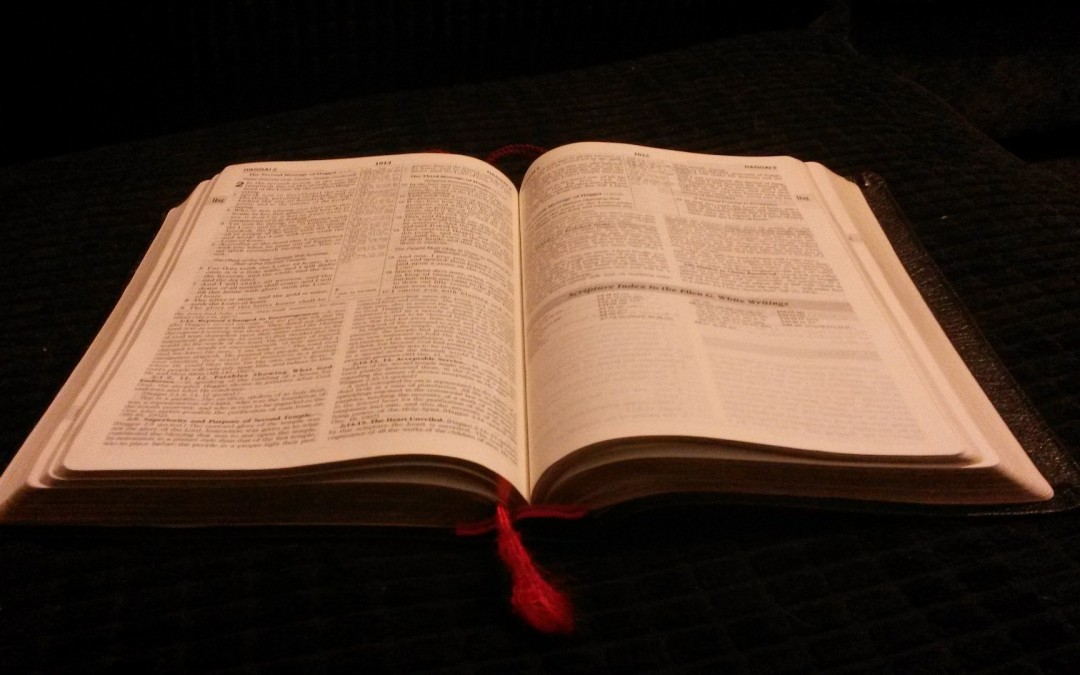
Bible Study for the first week of the Covid 19 church building closure
Section 2: Romans 8: 6-11
To set the mind on the flesh is death, but to set the mind on the Spirit is life and peace. For this reason the mind that is set on the flesh is hostile to God; it does not submit to God’s law – indeed it cannot, and those who are in the flesh cannot please God. But you are not in the flesh; you are in the Spirit, since the Spirit of God dwells in you. Anyone who does not have the Spirit of Christ does not belong to him. But if Christ is in you, though the body is dead because of sin, the Spirit is life because of the righteousness. If the Spirit of him who raised Jesus from the dead dwells in you, he who raised Christ from the dead will give life to your mortal bodies through his Spirit that dwells in you.
Prayer: Loving God, open your word to us now. Help us to read, to understand and to apply all that you are saying to us. Amen
Read the passage through twice.
Background
The Apostle Paul writes this letter to a new church in Rome, to a group of people he has not met before. Reports have reached him of their faith, their pattern of worship and some of the issues that are troubling them, so he seeks to address these matters in his missive. The majority of the church in Rome are Gentiles, but there are some Jews among them, who will be more versed in the Old Testament than their Gentile brothers and sisters. The Gentiles have converted from a polytheistic practice with strong Stoic overtones to the worship of one invisible God, made manifest in his son Jesus Christ, in the fulness of the Holy Spirit. They have to make huge changes to the way that they think of God, of right and wrong, of this life and the next.
Some definitions:
- “Flesh” means human existence in its basic form
- “Spirit” means the indwelling power of God, alive in the world to all believers after Pentecost
- “Mortal body” means our current flesh and blood
“To set the mind on the flesh…” what exactly does that mean?
and
“To set the mind on the Spirit…” is equally obscure.
What about “those who are in the flesh…” – what is Paul driving at?
There are two states in which a human being can find themselves, Paul argues. There is the natural state, and there is the spiritual state. The natural state does not know God and cannot attain to the standards set by God, even if it tries really hard. God is holy, and the natural state is sinful and can never match God’s holiness. If that is the case, then God has to reach out to us, to change our natural state into a spiritual state that can live in God’s holiness and express God’s love in word and action.
God’s initiative to transform natural humanity into spiritual humanity comes in the form of Jesus Christ, God himself, but fully human, a natural human being who can match the standards of a holy God. By the gift of the Holy Spirit at Pentecost and at baptism, our natural humanity is changed – what Paul describes as “Christ in you” – so that mortality is redeemed.
Our mortality does not cease with our spiritual rebirth, but it is not going to drag us down to despair, Paul insists. The power at work in the Holy Spirit is the same power that created the world (cf Ezekiel 37) and the same power that raised Jesus from the dead, so that now we have both “Christ in us” and “his Spirit that dwells in us” – we have God in us, doubly – Christ’s life, and the Spirit’s power.
This is heading towards Paul’s great hymn to the love of God (and one of his most fantatastic lists!) with which this chapter finishes, “For I am convinced that neither death nor life, nor angels, nor rulers, nor things present, nor things to come, nor powers, nor height, nor depth, nor anything else in all creation, will be able to separate us from the love of God in Christ Jesus our Lord.” (Romans 8: 34-35)
Some questions:
- How conscious are we of being “in the flesh”? Is sin a bothersome burden, every day?
- How conscious are we of being “in the Spirit”? Are we aware of the presence of God in our life, every day? If so, how?
- Are there times when we feel “hostile to God”? When and why?
- Do we feel that our body is alive with the righteousness of Christ and the indwelling power of the Holy Spirit? If yes, when? If not, why not?
- How helpful do you think this passage was to the Roman church when it was first read to them? Do you think they understood it? If not, how many times did they have to repeat this so that they could get their minds around it?
- What has this text done to your understanding of God?
- Has this text helped you to pray any more easily?
- Do you feel you could now explain this text to someone who had read it for the first time?
- In church, we would finish reading this passage with the words, “This is the Word of the Lord”, and we would respond, “Thanks be to God.” Can you make that response freely and with a positive frame of mind, now?
Reread the passage, out loud if possible
To review:
- Our natural state cannot attain to the holiness of God
- God reaches out to us in Christ, in the power of the Holy Spirit, to give us his holy life
- Wwhatever the every day failings of our humanity, we are fully alive in the Spirit if we allow that Spirit to work God’s righteousness in us
Prayer: Loving God, thank you for reaching out to us in love. Help us to respond in equal measure, to allow your Holy Spirit to keep us fully alive, that we may demonstrate your love in our words and deeds and worship you every more deeply. Amen


